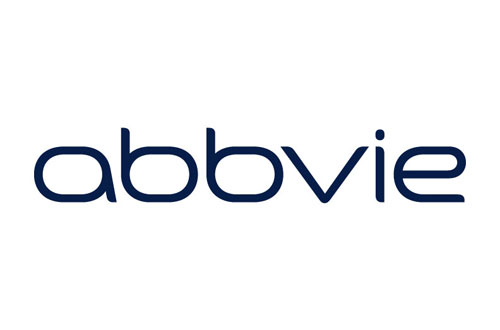
AbbVie’s ill-fated engagement to Shire has not dampened its enthusiasm for acquisitions, but the company is unlikely to consider another $50bn-plus deal, according to chief executive Rick Gonzalez.
Speaking to analysts on the company’s third-quarter results call, Gonzalez said there were “certain attributes” of the tax inversion deal for Shire – which was eventually scuppered by the US changing its corporation tax framework – “that made it unique and out of the normal course of our M&A strategy.”
The company is planning to use its cash reserves to acquire “attractive on-market and pipeline assets to further enhance our growth,” rather than a large-scale, cost-driven transaction, he added.
AbbVie shrugged off the disappointment of the Shire debacle with a strong set of third-quarter results that once again were driven by arthritis, Crohn’s disease and psoriasis blockbuster Humira (adalimumab), which helped revenues rise nearly 8% to $5bn in the quarter.
Net income was almost cut in half to $506m in the quarter, and will come under further pressure in the fourth quarter given that AbbVie has just had to pay a $1.64bn fee to Shire for walking away from the merger.
Despite a tougher competitive environment Humira continued to grow strongly, with sales up almost 18% to $3.26bn, although the lipid-lowering franchise based on Tricor/TriLipix (fenofibrate) and Niaspan (niacin) plummeted 77% to $63m after losing patent protection.
Humira’s strength is perennially a double-edged sword for AbbVie, as its growth magnifies the risk to the company once it starts losing patent protection in 2016 and faces biosimilar competition, so it was encouraging for the company to report double-digit growth for other products.
Among these Synthroid (levothyroxine) for hypothyroidism grew 24% to $200m, despite its maturity and plenty of generic competition, while respiratory syncytial virus (RSV) drug Synagis (palivizumab) rose 18% to $109m. Pancreatic enzyme replacement product Creon also had a strong quarter, rising 47% to $148m.
AbbVie needs its pipeline to deliver a new generation of products to succeed Humira, however, and the company has high hopes for its interferon-free hepatitis C virus (HCV) regimen, which it predicts will be on the market in the US by the end of the year and in Europe in early 2015.
Along with the HCV regimen, Gonzalez is also very upbeat on AbbVie’s late-stage oncology pipeline, including Roche-partnered leukaemia drug ABT-199, veliparib for breast and lung cancer and elotuzumab, which is partnered with Bristol-Myers Squibb (BMS) and is due to report phase III data in multiple myeloma early next year.




